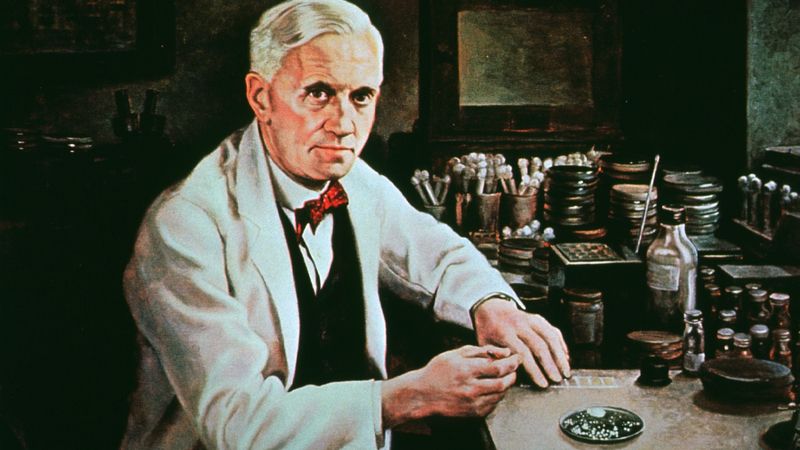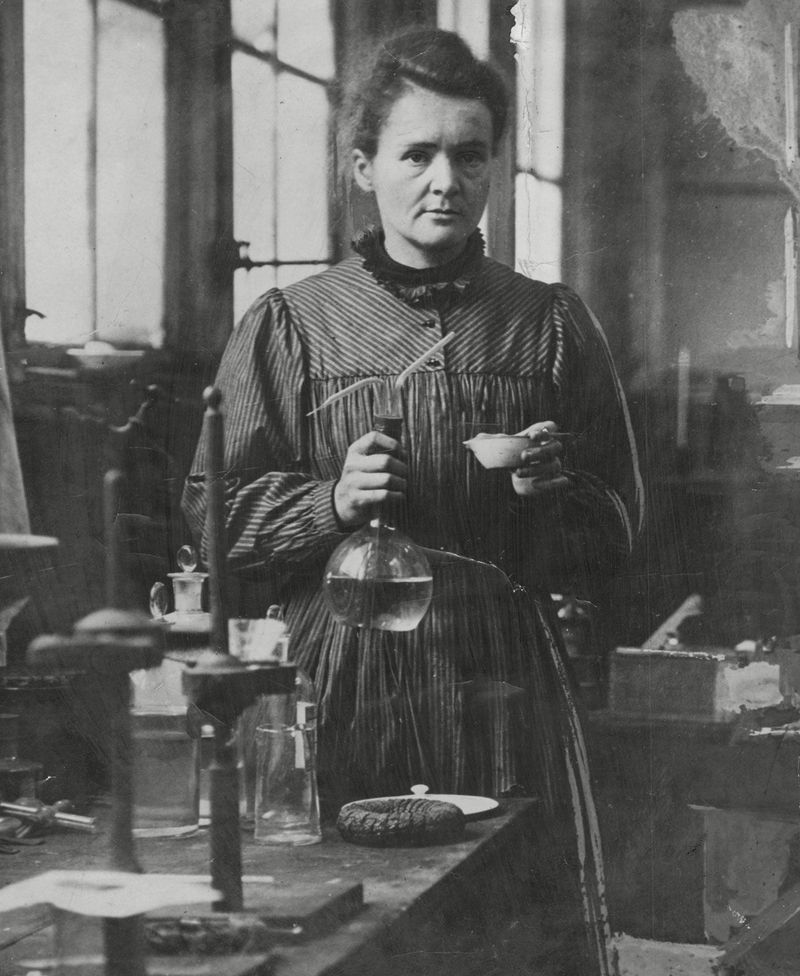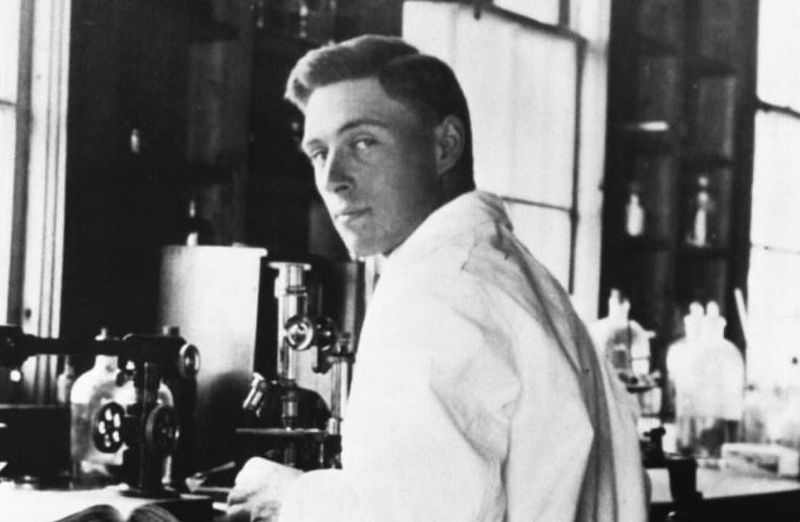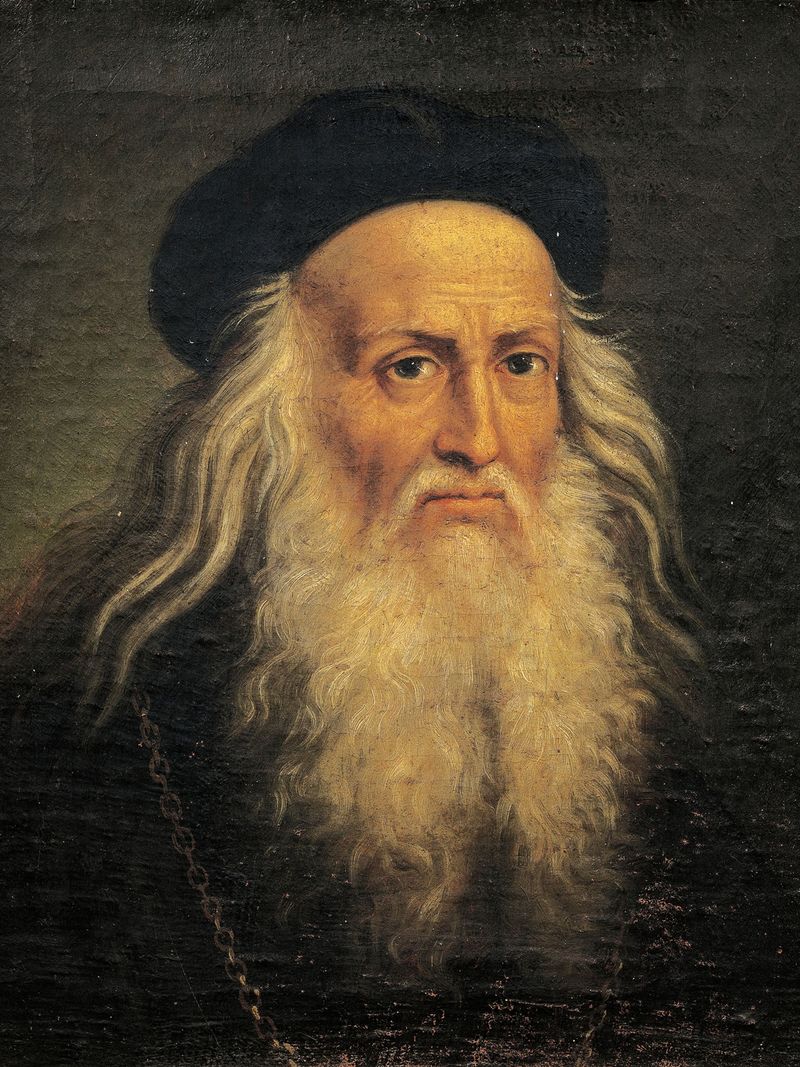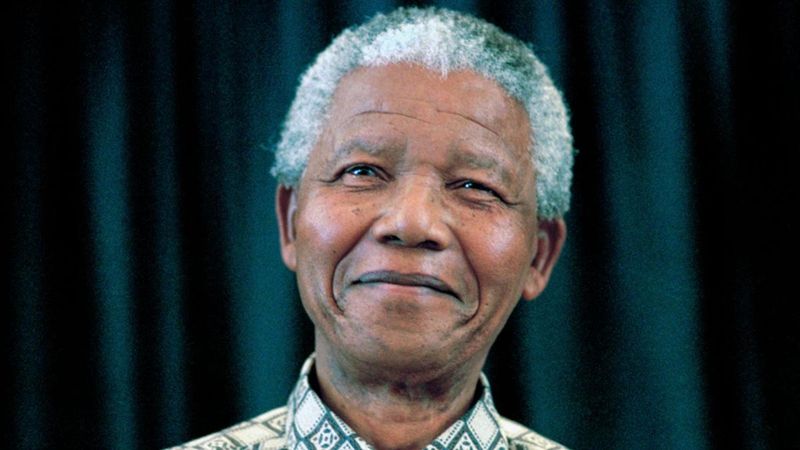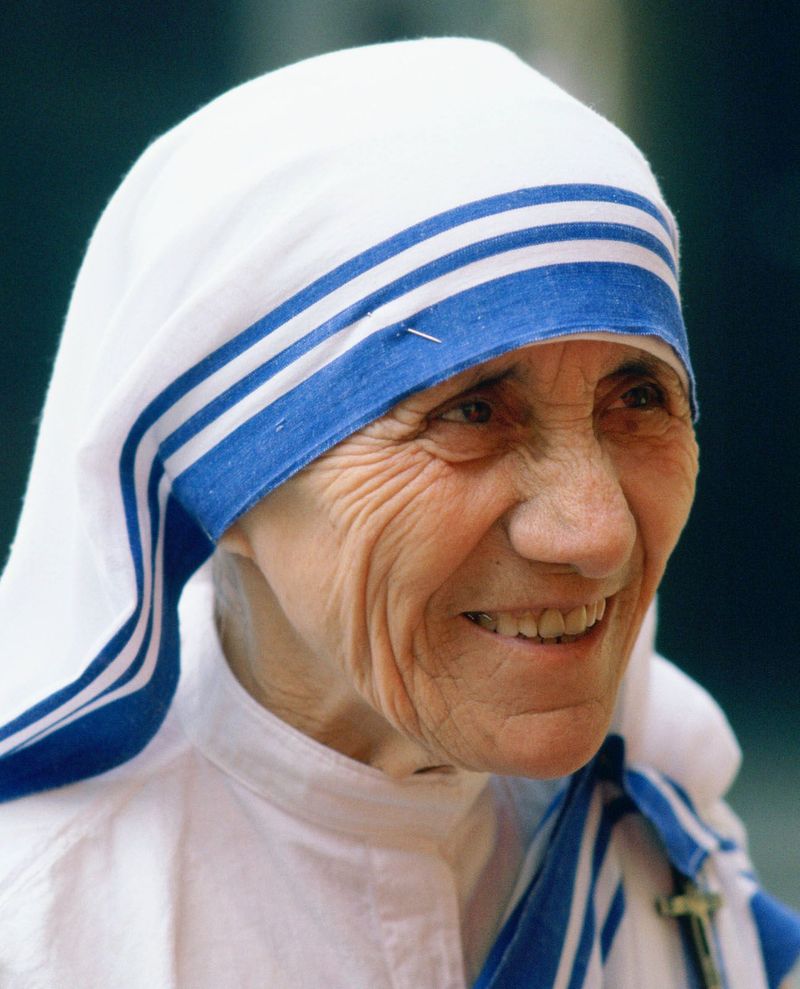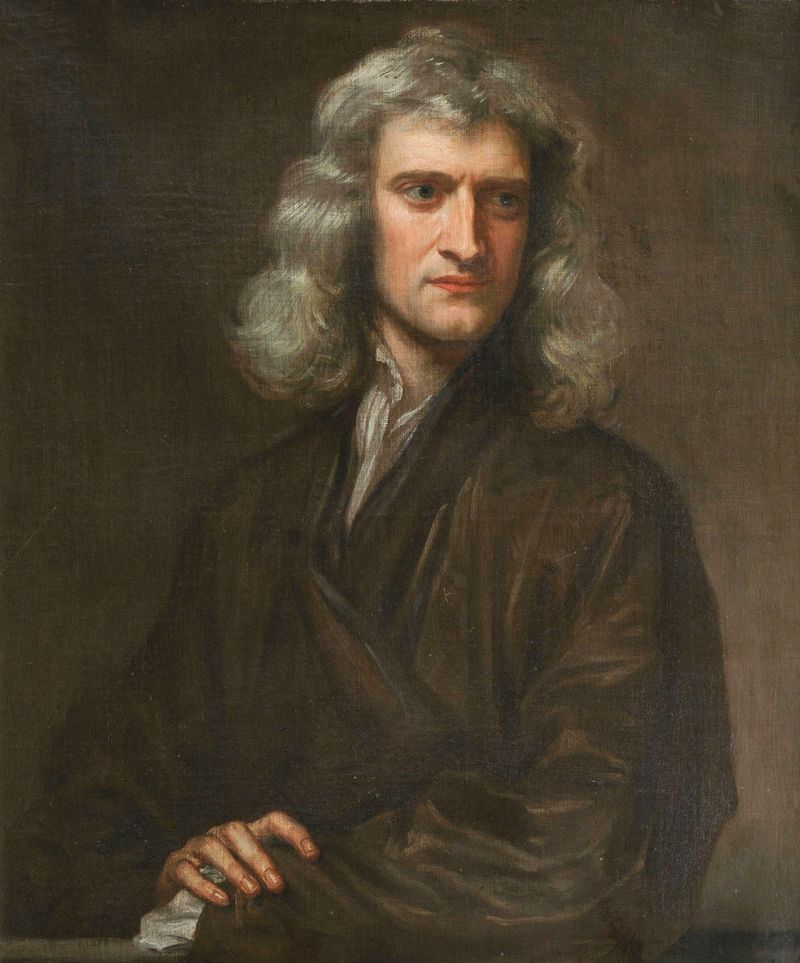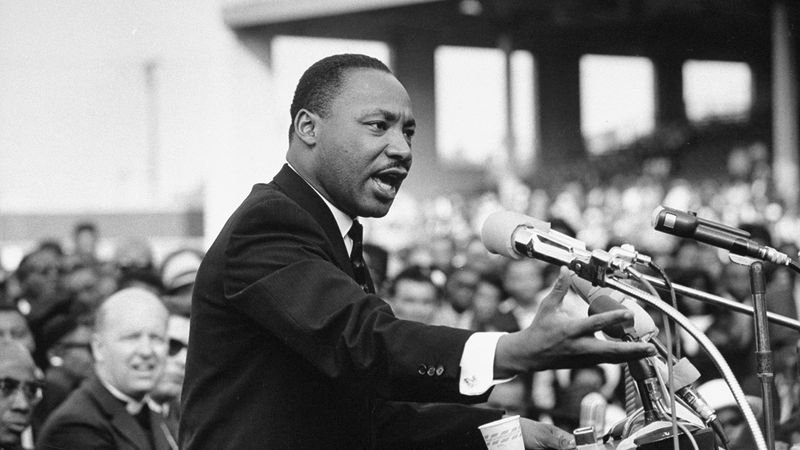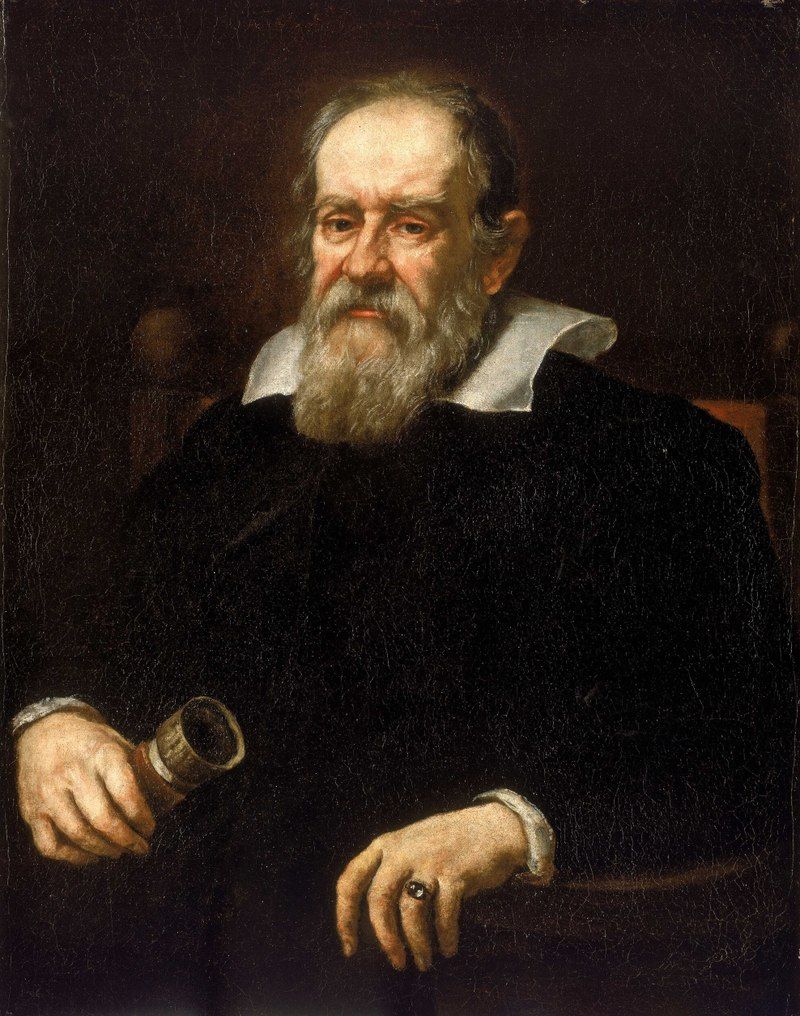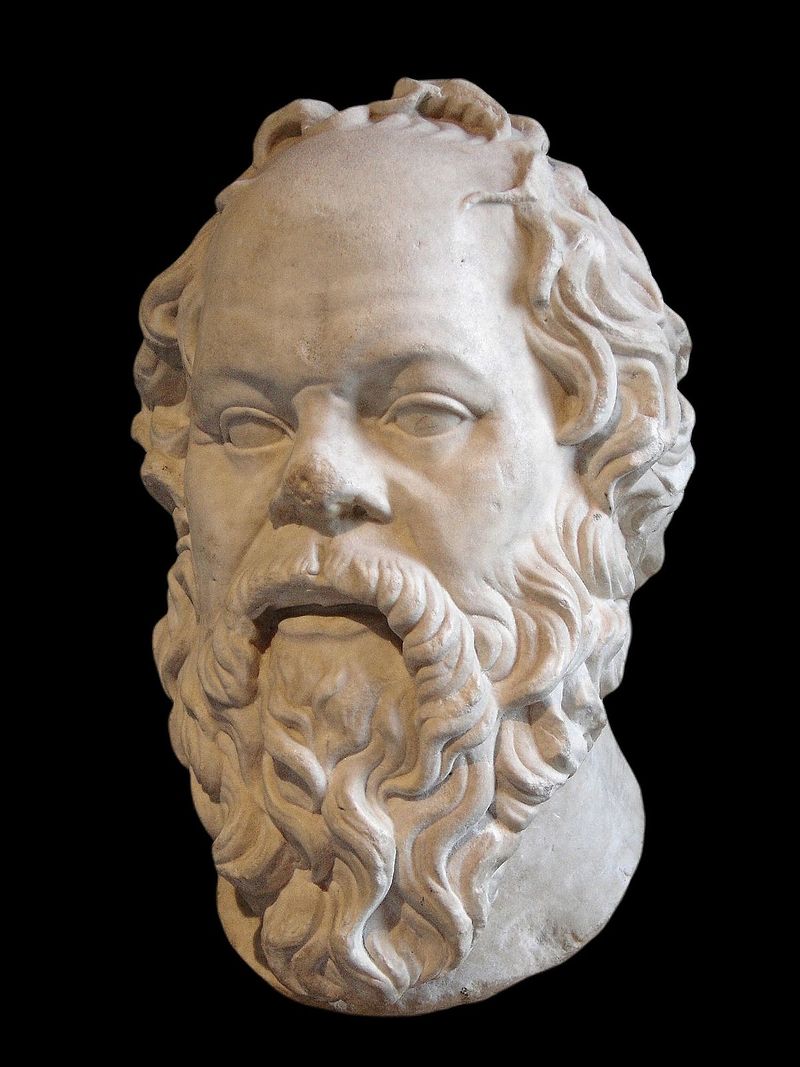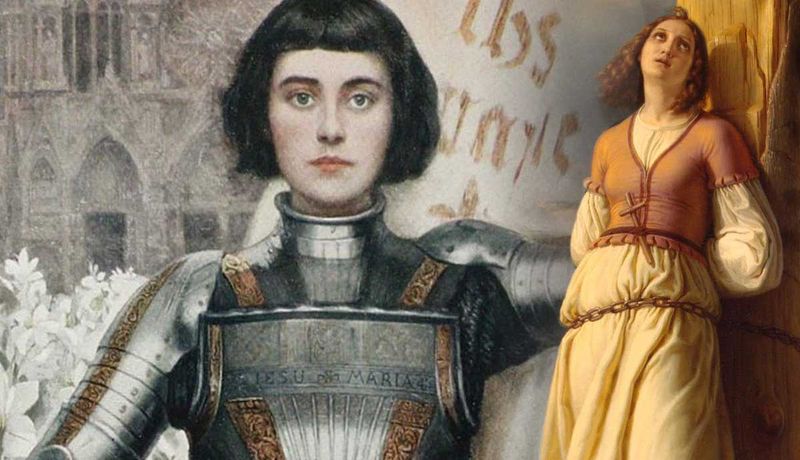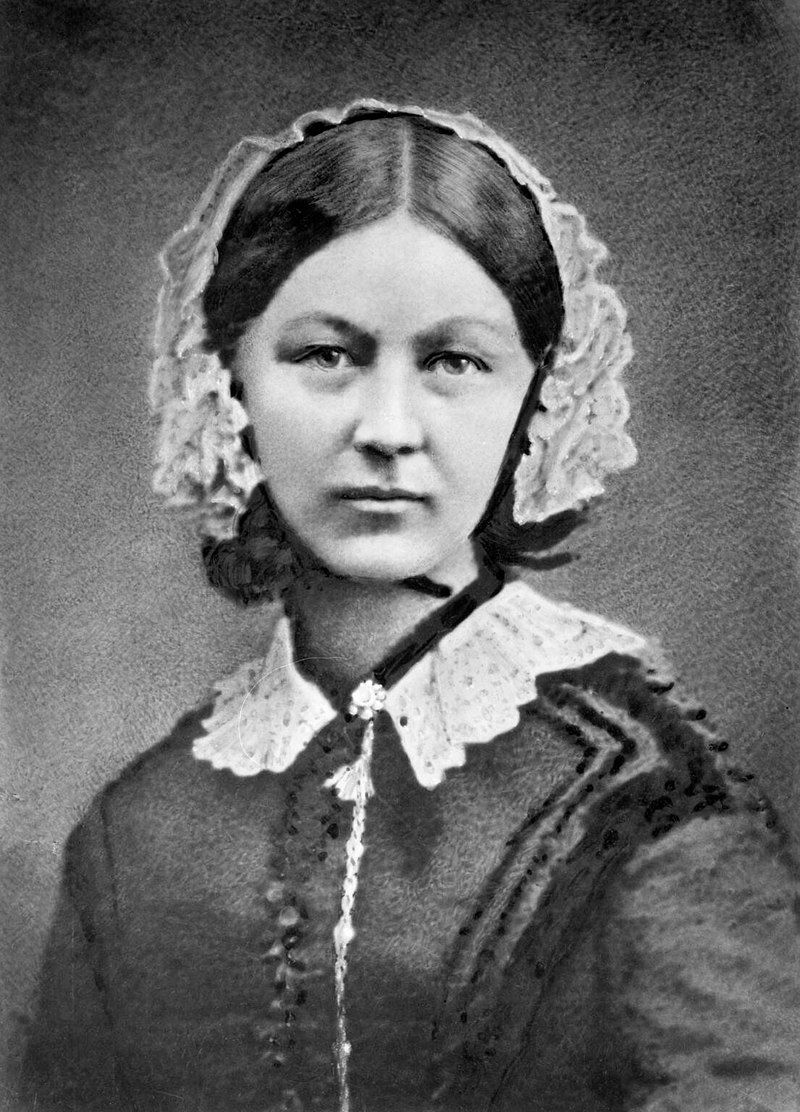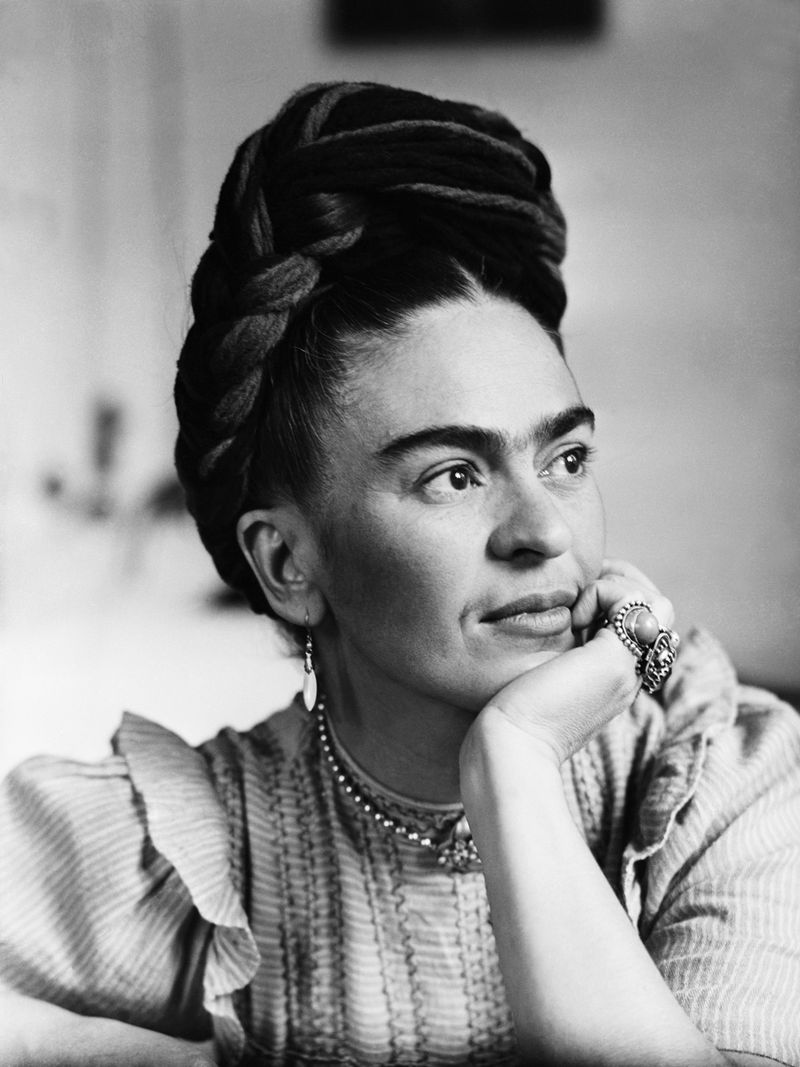Throughout history, numerous individuals have made indelible marks on the world, influencing fields ranging from science to philosophy, politics to art.
These figures, through their extraordinary contributions, have shaped the course of human history and inspired generations.
In this post, we delve into the lives and legacies of 20 historical figures who could be considered the greatest humans to ever live.
Their stories reveal not only their achievements but also the unique qualities that set them apart as visionaries and pioneers in their respective domains.
1. Alexander Fleming
Alexander Fleming’s discovery of penicillin in 1928 revolutionized medicine. This Scottish bacteriologist’s groundbreaking work led to the development of antibiotics, saving countless lives.
Before Fleming’s discovery, bacterial infections were often deadly. Penicillin changed that, providing an effective treatment for diseases like pneumonia and syphilis.
Fleming’s persistence and curiosity were key to his success. His work demonstrated the importance of scientific research and paved the way for future breakthroughs in medical science. His legacy lives on in every antibiotic prescribed today.
2. Marie Curie
Marie Curie was a pioneering physicist and chemist who made significant contributions to science. She was the first woman to win a Nobel Prize and the only person to win in two different sciences.
Curie’s research on radioactivity, a term she coined, laid the foundation for the development of X-rays in surgery.
Her dedication and determination in a male-dominated field opened doors for future generations of female scientists. Curie’s work remains influential, and she stands as a symbol of scientific excellence and perseverance.
3. Frederick Banting
Frederick Banting, a Canadian physician, played a crucial role in the discovery of insulin. In 1921, Banting and his colleague Charles Best isolated insulin, transforming diabetes from a fatal disease to a manageable condition.
Banting’s determination to find a treatment for diabetes was driven by personal tragedy and a desire to alleviate suffering.
His contribution to medicine has saved millions of lives worldwide. Banting’s work underscores the power of medical research and innovation in improving human health. His legacy continues to inspire medical advancements today.
4. Mahatma Gandhi
Mahatma Gandhi was a leader of the Indian independence movement and a proponent of non-violent civil disobedience. Inspired by principles of peace and justice, Gandhi’s efforts led to India’s independence from British rule.
His philosophy of non-violence influenced global movements for civil rights and freedom.
Gandhi’s life was a testament to the power of peaceful resistance in achieving social change. His teachings continue to inspire activists worldwide, emphasizing the importance of truth and non-violence in the pursuit of justice.
5. Albert Einstein
Albert Einstein is renowned for his theories of relativity, which revolutionized our understanding of space, time, and gravity. His work laid the foundation for modern physics.
Einstein’s equation, E=mc², unlocked the secrets of atomic energy, influencing both scientific advancements and global politics.
Beyond his scientific achievements, Einstein was an advocate for peace and human rights. His intellectual curiosity and humanitarian efforts have left a lasting impact, making him one of history’s most celebrated figures.
6. Leonardo da Vinci
Leonardo da Vinci was a Renaissance polymath whose genius spanned art, science, and engineering. Known for masterpieces like the Mona Lisa, he also made pioneering studies in anatomy and physics.
Da Vinci’s curiosity and imagination led him to explore diverse fields, leaving a legacy of creativity and innovation.
His notebooks, filled with sketches and ideas, continue to inspire artists and inventors. Da Vinci exemplifies the limitless potential of human creativity and the integration of art and science.
7. Nelson Mandela
Nelson Mandela, South Africa’s first black president, led the struggle against apartheid, advocating for equality and reconciliation. His sacrifice and leadership were pivotal in dismantling racial segregation.
Mandela’s journey from prisoner to president symbolized hope and the power of forgiveness.
His dedication to human rights and justice earned him global admiration. Mandela’s legacy lives on as a beacon of freedom and equality, inspiring future generations to continue the fight against oppression.
8. Mother Teresa
Mother Teresa, known for her charitable work, founded the Missionaries of Charity in India. Her compassion and dedication to the poor and sick earned her international recognition.
She believed in serving humanity with love and dignity, regardless of faith or background.
Mother Teresa’s selfless service made her a symbol of compassion. Her legacy continues through the countless lives she touched, embodying the spirit of giving and kindness.
9. Isaac Newton
Isaac Newton, a key figure in the scientific revolution, formulated the laws of motion and universal gravitation. His work laid the groundwork for classical mechanics.
Newton’s discoveries in calculus and optics further advanced scientific understanding.
His relentless pursuit of knowledge transformed our comprehension of the natural world. Newton’s brilliance and curiosity remain influential, making him one of the greatest scientists in history.
10. William Shakespeare
William Shakespeare, the “Bard of Avon,” remains the most celebrated playwright in history. His works, including “Hamlet” and “Romeo and Juliet,” have transcended time, exploring universal themes of love, power, and tragedy.
Shakespeare’s mastery of language and storytelling continues to resonate with audiences worldwide.
His influence on literature and the arts is unparalleled, making him a timeless icon of creativity and expression. Shakespeare’s legacy endures, inspiring writers and performers across generations.
11. Martin Luther King Jr.
Martin Luther King Jr. was a leader in the American Civil Rights Movement, advocating for racial equality through non-violent protest. His “I Have a Dream” speech remains a defining moment in the fight for civil rights.
King’s commitment to justice and equality inspired change and legislation.
His enduring legacy of peace and equality continues to influence civil rights movements worldwide. King’s vision of a just society remains a powerful call to action for generations.
12. Galileo Galilei
Galileo Galilei, the “father of modern observational astronomy,” made groundbreaking contributions to science. His improvements to the telescope led to discoveries that challenged conventional beliefs.
Galileo’s advocacy for the heliocentric model of the solar system sparked controversy but paved the way for modern astronomy.
His dedication to scientific inquiry and truth remains influential. Galileo’s legacy is a testament to the courage required to challenge established norms for the pursuit of knowledge.
13. Cleopatra
Cleopatra, the last active ruler of the Ptolemaic Kingdom of Egypt, was known for her intelligence, political acumen, and charisma. Her alliances with Julius Caesar and Mark Antony were pivotal in her reign.
Cleopatra’s reign marked a significant period in Egyptian history, as she sought to preserve her empire amid Roman expansion.
Her legacy endures as a symbol of female power and influence. Cleopatra’s life continues to captivate and inspire, showcasing the complexities of leadership and diplomacy.
14. Winston Churchill
Winston Churchill, Britain’s Prime Minister during World War II, was renowned for his leadership and oratory skills. His speeches and resolve inspired a nation during its darkest hours.
Churchill’s commitment to victory and democracy played a crucial role in the Allied success.
His legacy as a leader and statesman endures, exemplifying resilience and courage. Churchill’s words and actions continue to resonate, reminding us of the power of leadership in times of crisis.
15. Socrates
Socrates, the classical Greek philosopher, is known for his contributions to ethics and epistemology. His method of inquiry, known as the Socratic method, laid the groundwork for Western philosophy.
Socrates’ emphasis on questioning and critical thinking challenged societal norms and inspired philosophical dialogue.
His legacy as a thinker and teacher continues to influence educational practices. Socrates’ commitment to truth and wisdom remains a guiding principle for scholars and philosophers.
16. Joan of Arc
Joan of Arc, a peasant girl turned military leader, played a pivotal role in the Hundred Years’ War. Her visions and leadership led to key victories for France.
Joan’s conviction and courage in the face of adversity inspired her troops and the nation.
Her martyrdom at the stake, at just 19, sealed her legacy as a symbol of faith and bravery. Joan’s story continues to inspire, embodying the spirit of determination and heroism.
17. Thomas Jefferson
Thomas Jefferson, the third President of the United States, was a founding father and principal author of the Declaration of Independence. His vision of liberty and democracy shaped the nation’s principles.
Jefferson’s influence extended to education, architecture, and agriculture, reflecting his diverse interests.
His legacy as a statesman and thinker endures, inspiring democratic ideals worldwide. Jefferson’s contributions to the American experiment in self-governance remain foundational.
18. Florence Nightingale
Florence Nightingale, the “Lady with the Lamp,” revolutionized nursing and healthcare with her work during the Crimean War. Her emphasis on hygiene and patient care transformed medical practices.
Nightingale’s dedication to improving healthcare systems laid the groundwork for modern nursing.
Her legacy as a pioneer in healthcare and compassion continues to inspire nurses and healthcare professionals. Nightingale’s commitment to service and reform remains influential in the field of medicine.
19. Abraham Lincoln
Abraham Lincoln, the 16th President of the United States, led the nation through the Civil War and abolished slavery. His leadership and vision preserved the Union and advanced civil rights.
Lincoln’s dedication to equality and justice resonated with the American people and inspired future generations.
His legacy as a leader and advocate for freedom endures, symbolizing hope and unity. Lincoln’s impact on American history remains profound, shaping the nation’s identity.
20. Frida Kahlo
Frida Kahlo, a celebrated Mexican artist, is known for her vivid and emotive self-portraits. Her art explored themes of identity, pain, and resilience, drawing from her personal experiences.
Kahlo’s unique style and perspective challenged conventional norms and celebrated Mexican culture.
Her legacy as an artist and feminist icon continues to inspire and empower individuals worldwide. Kahlo’s work is a testament to the power of art in expressing the human experience.
